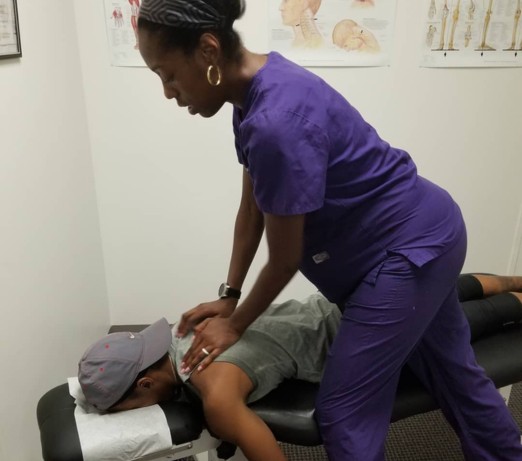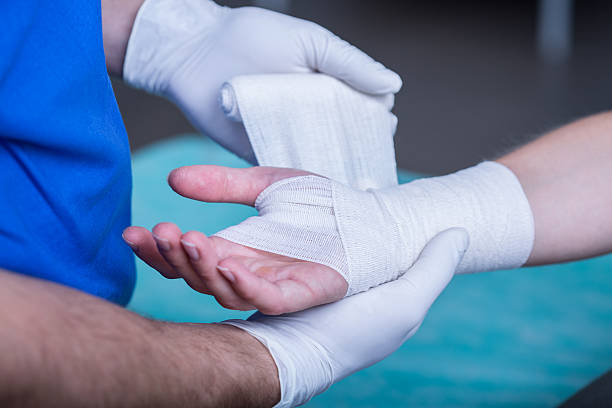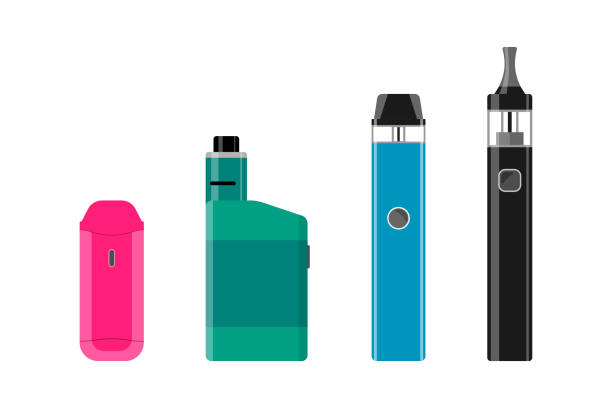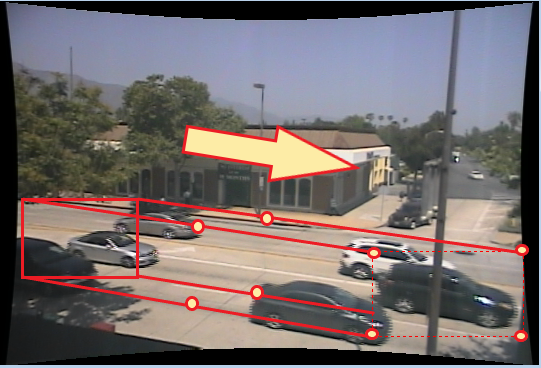Auto Accident Injury Treatment: Finding Relief After the Road

The aftermath of an auto accident can be overwhelming, both physically and emotionally. While dealing with car repairs and insurance paperwork can be stressful, the most pressing concern is often your own well-being. If you’ve sustained injuries in a car accident, seeking prompt and proper medical attention is crucial for optimal recovery.
Understanding Your Injuries
Auto accidents can cause a wide range of injuries, from minor bruises and whiplash to broken bones, head trauma, and spinal cord damage. The severity of your injuries will depend on various factors, such as the type of collision, the speed of the vehicles involved, and your individual health.
Some common auto accident injuries include:
Whiplash: A neck sprain caused by the sudden back-and-forth movement of the head
Head injuries: Concussions, contusions, and even more serious brain trauma
Spinal cord injuries: Ranging from minor sprains to complete paralysis
Fractures: Broken bones, often in the arms, legs, or ribs
Soft tissue injuries: Bruises, sprains, and strains in muscles, ligaments, and tendons
Seeking Treatment: Why It Matters
Ignoring or delaying treatment for auto accident injuries can have serious consequences. Even seemingly minor injuries can worsen over time if not properly addressed, leading to prolonged pain, chronic conditions, and even permanent disability.
Early medical evaluation helps in:
Accurate diagnosis: Identifying the extent of your injuries is crucial for determining the appropriate treatment plan.
Pain management: Effective pain management can improve your quality of life and facilitate rehabilitation.
Preventing complications: Prompt intervention can minimize the risk of long-term problems like chronic pain, joint stiffness, and nerve damage.
Documenting your injuries: Medical records serve as important evidence if you decide to pursue legal action after the accident.
Treatment Options for Auto Accident Injuries
The specific treatment plan for your auto accident injuries will depend on the nature and severity of your condition. However, some common treatment options include:
Rest and immobilization: For certain injuries like fractures and sprains, immobilization with slings, casts, or braces is necessary to allow proper healing.
Pain medication: Over-the-counter pain relievers or prescription medication can help manage pain and discomfort.
Physical therapy: Exercises and activities prescribed by a physical therapist can help improve flexibility, strength, and range of motion.
Chiropractic care: Spinal adjustments and other chiropractic techniques can address musculoskeletal pain and misalignment.
Massage therapy: Massage can help loosen tight muscles, improve circulation, and reduce pain.
Surgery: In severe cases, surgery may be necessary to repair fractures, correct spinal cord injuries, or address other serious complications.

Benefits of Seeking Comprehensive Treatment
Investing in your recovery after an auto accident injury treatment can have numerous benefits that go beyond simply addressing immediate pain:
Faster healing: Proper treatment promotes tissue healing and accelerates your recovery timeline.
Reduced risk of complications: Early intervention minimizes the chances of developing chronic pain, muscle weakness, and other long-term problems.
Improved quality of life: Effective pain management and regain of function allow you to return to your regular activities and enjoy a higher quality of life.
Psychological well-being: Addressing physical injuries can also contribute to improved mental and emotional well-being after a traumatic experience.
Navigating the Road to Recovery
Following an auto accident, prioritizing your health and well-being is essential. By seeking prompt medical attention, adhering to your treatment plan, and remaining patient throughout the recovery process, you can maximize your chances of a full and successful recovery. Remember, you are not alone – various healthcare professionals and support resources are available to guide you on your journey back to health.































































































































































































































